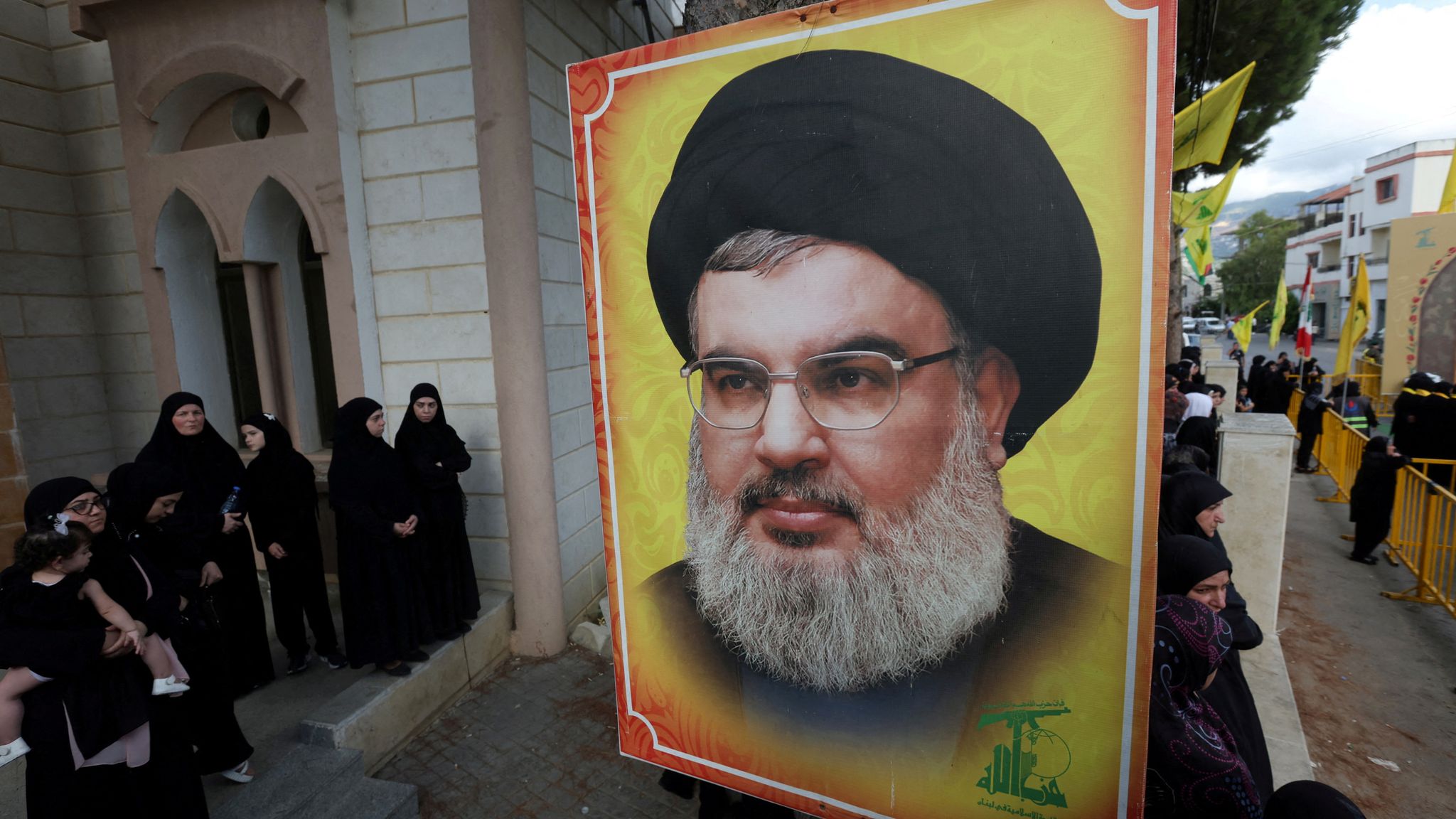Hassan Nasrallah, the leader of Hezbollah, has been confirmed dead following a targeted strike by the Israeli Defense Forces (IDF) on the group’s headquarters in Beirut, Lebanon. The IDF announced the successful operation, highlighting Nasrallah’s significant role as a central decision-maker and strategic leader responsible for numerous attacks against Israel.
This action is part of Israel’s broader strategy to neutralize threats to its citizens, with the IDF’s Chief of the General Staff, Lt. Gen. Herzi Halevi, warning that Israel will pursue anyone who poses a threat.
Initially, a Hezbollah media representative claimed that Nasrallah was unharmed, but the IDF quickly confirmed his death. Following this announcement, Hezbollah acknowledged the loss and stated that it would continue its battle against Israel in defense of Lebanon and in support of Gaza and Palestine. The strike resulted in at least two other fatalities and numerous injuries, highlighting the immediate consequences of the operation.

Israeli Strike Confirms Death of Hezbollah Leader Hassan Nasrallah, Shifting Regional Power Dynamics
The IDF’s attack was characterized as highly strategic, involving precise intelligence that led to the targeted use of Israeli Air Force fighter jets. The strike was conducted on a headquarters embedded underground beneath a residential building in Dahieh, Beirut, indicating careful planning to minimize collateral damage while maximizing impact on Hezbollah’s command structure.
The IDF reported ongoing operations targeting over 140 Hezbollah sites associated with military infrastructure, further demonstrating their intent to dismantle the group’s capabilities.
U.S. Secretary of Defense Lloyd Austin clarified that the United States was not involved in the operation and received no advance notice from Israel. Meanwhile, Israeli Prime Minister Benjamin Netanyahu, who cut short his trip to the United Nations General Assembly, reiterated Israel’s right to defend itself against ongoing threats from Hezbollah. His office released images showing Netanyahu approving the operation, emphasizing the government’s commitment to ensuring the safety of its citizens.
Analysts have suggested that Nasrallah’s death represents a significant shift in the balance of power in the region, impacting Hezbollah’s operational capabilities and Iran’s influence in Lebanon and Syria.
Rich Goldberg, a senior adviser at the Foundation for Defense of Democracies, noted Nasrallah’s close ties to Iranian leadership and suggested that his absence could lead to changes in Hezbollah’s strategic approach. This development may also prompt Iran to reassess its operational calculus in the region, potentially escalating tensions between Israel and Iran in the future.
